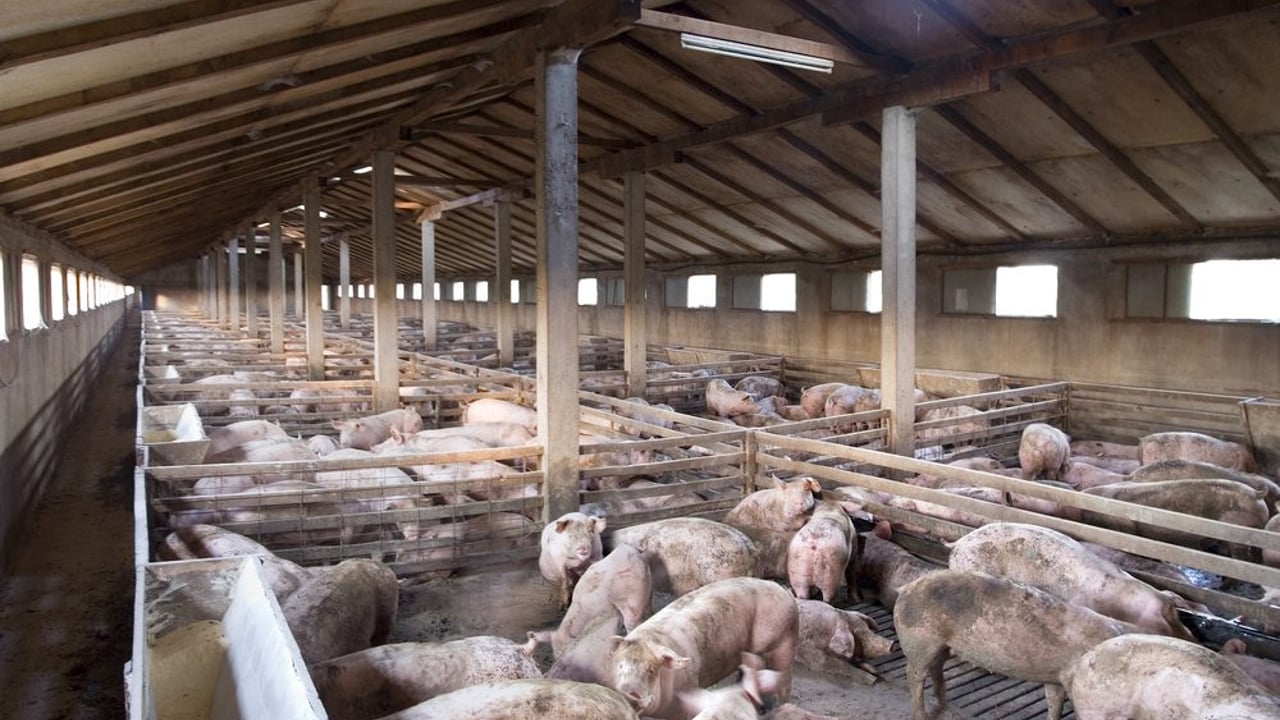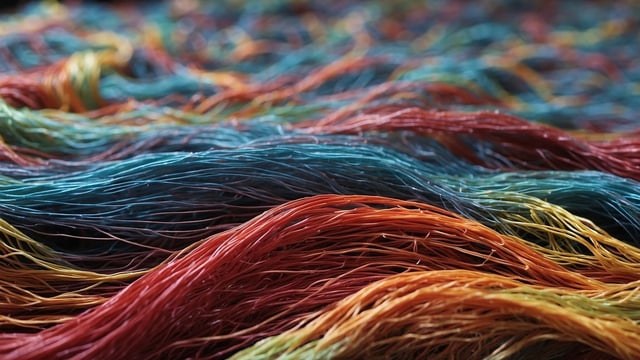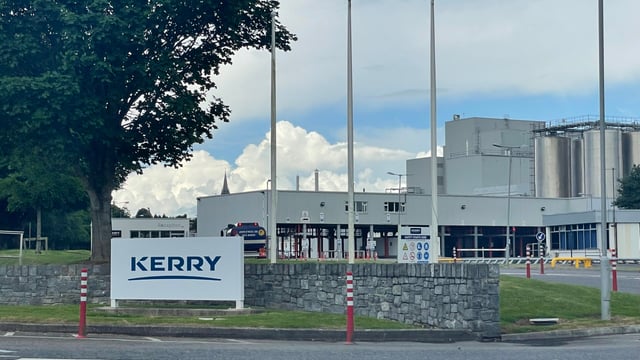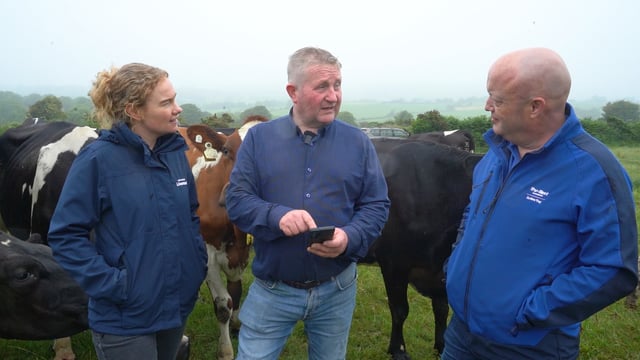Farmers urge EU to ensure 'no further escalation' in China tensions
A group of EU farmers has called on the European Commission to ensure that there is "no further escalation" in the trade tensions between the EU and China.
Authorities in China have said that an anti-dumping investigation will be launched into pork products originating from the EU.
Dumping, in an economic sense, refers to the export of produce to a another market at sufficient volume or at sufficiently-low prices so as to undermine the competitiveness of indigenous producers of the product in the target market.
It comes after the European Commission said last week that an investigation it carried out “provisionally concluded” that the production of electric vehicles (EVs) in China benefits from unfair subsidies.
Copa Cogeca, the group of EU farm organisations (whose Irish representative is the Irish Farmers' Association) said that EU agri-food producers are growing wary of further escalation, given the positive trade balance the sector currently enjoys with China.
"This is not the fist time the EU's well performing agri-food products [have been] caught in the crossfire of disputes concerning other sectors. From the perspective of the pork producers and the agri-food sector that works hard to ensure and maintain market access in China, this is not acceptable," Copa said.
The group said that taking part in China's investigation will be very costly and burdensome to exporters, and will most likely lead to a loss of market in China.
Our pigmeat exports to China have already significantly decreased in previous years, as they've rebuilt the local production, following the large African swine fever outbreak, but the EU still exports important quantities of by-products, many of which don't really find their market in Europe.
"This investigation will surely be impactful for EU producers, especially those in Spain, the Netherlands, Denmark, Germany, France, but also Belgium, which has just recently re-gained market access to China," Copa said.
The group added: "The commission should make sure there is no further escalation and that our sector is not the one picking up the bill again for disputes concerning other sectors. It must also ensure our producers are well supported in the process of this investigation and whatever the effects of its outcome might be."
Copa also reacted to the passage of the Nature Restoration Law, saying it was passed in the Council of the EU with "the slimmest majority possible", and which was "defined by the individual voices of ministers and not the positions of national governments".
"This course, derived from a flawed proposal, will cause legal battles at regional, national and European levels, with the future unclear as to how or when this law will be implemented," the group said.
"Political rhetoric aside, the question of the lack of clear and consistent funding for ecosystem restoration across the EU remains unanswered.
"This comes just weeks after the European elections, in which agriculture played a particular role in the discussion. This will be the first sign to farmers and forest owners of the intentions of their national governments and the next commission," Copa added.
Copa has also commented on the announcement from Green Party leader Eamon Ryan that he would step down from the role.
In a post on X, Copa claimed Ryan's decision, as well as the move by the Austrian environment minister to support the law in controversial circumstances, was an "inglorious conclusion" to the Nature Restoration Law, but "so predictable for a law that has been forced through at every stage of the democratic process".





